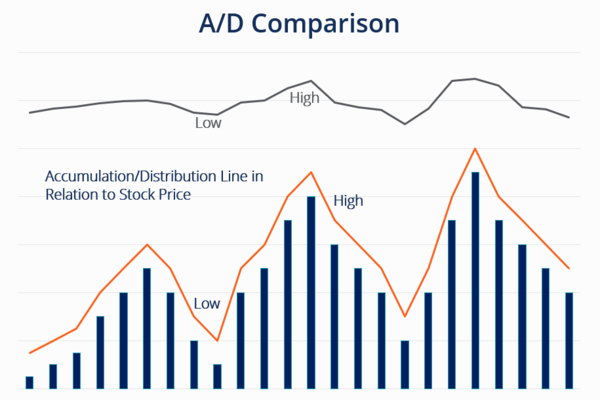The difference between closing and exploding positions is different in
nature, form, and reasons. The main difference is that closing a position is an
active act of closing a position by investors, which requires them to build and
hold positions with the aim of stopping losses or profits. Bursting positions is
a passive and forceful act of closing positions, which is not what investors
expect.

Both liquidation and liquidation are common terms, especially when
liquidation is the least desirable situation for investors. However, many
investors are not very familiar with the concepts of liquidation and
liquidation, and it is particularly easy to confuse forced liquidation and
liquidation.
The difference between closing and exploding positions
1. Different properties
Short positions refer to situations where the customer's equity in an
investor's margin account is negative under certain special conditions. Bursting
a position is when the loss exceeds the margin in your account. The remaining
funds after the company's forced liquidation are the total funds minus your
losses, usually leaving a portion.
Closing position is a term derived from commodity futures trading that refers
to the transaction behavior of one party buying or selling futures contracts in
order to cancel them. Closing is a collective term used in stock trading to
refer to the behavior of long sellers selling their purchased stocks or short
sellers buying back their sold stocks.
2. Different forms
Closing a position refers to offsetting an existing futures contract through
an equal number of futures transactions with opposite directions, in order to
close the futures transaction and relieve the obligation to deliver physical
goods at maturity.
When there is a significant change in the market situation, if the vast
majority of funds in the investor's margin account are occupied by trading
margin and the trading direction is opposite to the market trend, due to the
leverage effect of margin trading, it is easy to have a short position.
3. Different reasons
There are many reasons for the forced closing of positions in futures
trading, such as customers' failure to timely add trading margins, violations of
trading position restrictions, and temporary changes in policies or trading
rules.
Short positions are possible if there is no set stop-loss point before
trading or if there is no strict stop-loss operation during the trading process.
You can combine stop loss and position management and use technical conditions
to stop loss.
4. Subject
Closing a position is an active action by investors, who decide when to
proceed with the closing operation. Bursting a position is enforced by the
system or exchange, usually when investors are unable to meet margin
requirements or have losses exceeding their account's tolerance.
5. Purpose
Closing positions is done to control risks, protect profits, or adjust
trading strategies. Bursting positions is to forcibly close and liquidate
positions to ensure the normal operation of the market and risk control for
investors.
6. Impact
Closing a position is usually a planned and controlled action that can be
carried out based on market conditions and investors' judgments. Bursting
positions occur when the market fluctuates or investors fail to adjust risks in
a timely manner, which may lead to significant losses or the loss of account
funds.
Overall, closing positions is a way for investors to actively operate, aiming
to control risks and gain profits, while closing positions is a risk control
measure enforced by the system or exchange, aimed at ensuring the normal
operation of the market and investor risk control.







